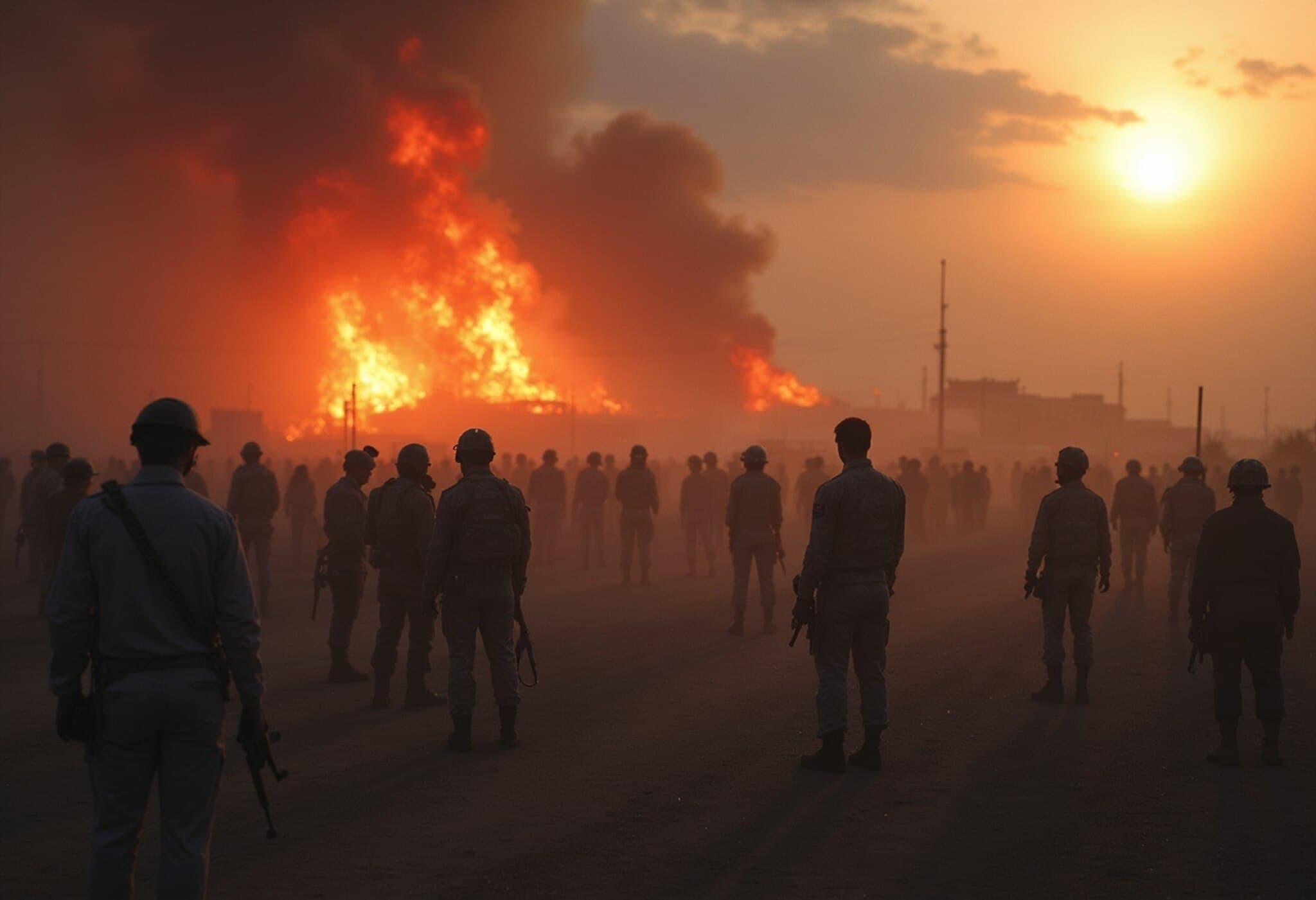New Zealand Man Faces Justice in Australia After Assault on Flight Crew
In a disturbing incident that underscores growing concerns about airline safety, a New Zealand national has been sentenced in Australia following an assault on two flight crew members. The event has reignited discussions on passenger conduct and the increasing challenges faced by air crews in maintaining order during flights.
Incident Details and Legal Outcome
The assault took place aboard a commercial flight traversing Australian airspace, where the accused allegedly attacked two flight attendants without provocation. Australian courts have since delivered the sentence, reflecting the judiciary’s firm stance on in-flight violence. This case emphasizes that aggressive behavior against airline personnel will not be tolerated and carries severe legal consequences.
Broader Context: Rising In-Flight Violence
While aviation travel is generally safe, incidents involving disruptive passengers are on the rise globally. Authorities attribute this trend to factors such as increased air traffic, stress associated with travel, and, at times, exacerbated mental health issues or substance abuse. Flight crews, despite extensive training, often find themselves navigating volatile situations, risking their own safety to protect fellow passengers.
Expert Commentary: Implications for Airline Policy and Passenger Safety
Dr. Emily Harper, an aviation safety expert, explains, "This sentencing sends a critical message to passengers worldwide—there is zero tolerance for abuse against flight staff. Airlines and regulatory bodies must continue enhancing protocols to prevent such incidents, including better passenger screening, crew support, and clear legal ramifications."
From a policy standpoint, this case could encourage Australian and New Zealand authorities to collaborate more closely on cross-border issues involving airline safety and passenger conduct, ensuring that jurisdictional challenges do not hinder swift justice.
Underreported Perspectives and Public Impact
While media coverage often highlights the perpetrators and legal outcomes, less attention is paid to the emotional and psychological trauma experienced by crew members assaulted in the line of duty. These individuals face not only physical harm but also the stress and anxiety that can impact their performance and well-being long after the incident.
Additionally, the incident sparks broader societal questions about how airline passengers perceive their rights and responsibilities during travel. Public education campaigns could play a vital role in fostering mutual respect and understanding, helping to curb such distressing episodes.
Looking Forward: Enhancing Safety in the Skies
- Airlines are urged to invest in conflict de-escalation training for crew members.
- Regulators may consider stricter penalties to deter violent behavior onboard.
- Passengers should be reminded of their role in maintaining a safe and respectful environment during flights.
Maintaining calm and respecting airline regulations are crucial to ensuring safety for all onboard — a shared responsibility between passengers and crew.
Editor’s Note
This sentencing highlights the pressing need to address air travel safety beyond technical and operational measures—focusing on human behavior and legal enforcement. It prompts us to reflect on how society supports and protects those who serve us in challenging environments like the skies. Readers are invited to consider the balance between passenger freedoms and the safety obligations to crew and fellow travelers in an era of heightened tensions and global mobility.











